
Video: Obesity expert Dr Louis Aronne outlines the role of medication in obesity treatment and says primary care is absolutely the place to begin.

PREVIEW of AHA 2020 Scientific Sessions: Late-breaking Science, Days 4 and 5
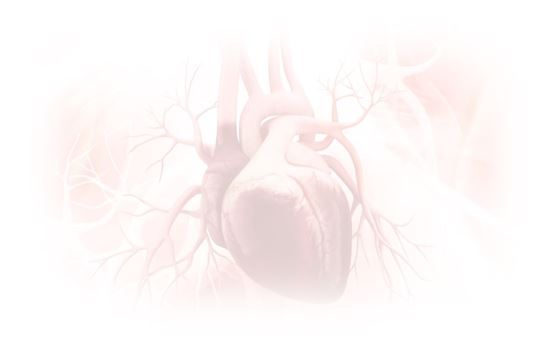
AHA 2020 Scientific Sessions Preview: Late-breaking Science, Days 1, 2 and 3

Video: Obesity expert Dr Louis Aronne outlines the role of medication in obesity treatment and says primary care is absolutely the place to begin.

Preventive Cardiology Collection Table of Contents: Expert video interviews, short, clinical guideline-focused quizzes, facts at-a-glance slideshows, plus news.

Dr Jonathan Chow reviews study findings that patients with COVID-19 taking low-dose aspirin had reduced risk for use of ICU, mechanical ventilation, and of death.

Compared with never smokers, current smokers face nearly 3-times the risk of premature death from heart disease or stroke, according to a new study.
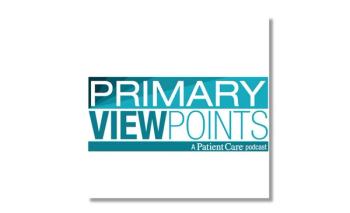
Patrick Moriarty, MD, from the University of Kansas Medical Center, discusses the role of Lp(a) as a risk factor for cardiovascular disease and the phase 3 trials of a potential treatment.

Rapidly rising obesity rates in the US threaten to reverse decades of effort against cardiometabolic disease. How well do you know what experts recommend for your at-risk patients?

Carl "Chip" Lavie, MD, author of the original book titled, "The Obesity Paradox" explains the paradox of metabolic health in the obese, how it wanes, and an essential element to maintain it.
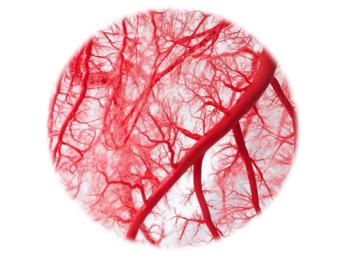
Waist circumference measures, complementary antihypertensives, appropriate exercise levels for T2D patients--test what you know about cardiometabolic risk and management.
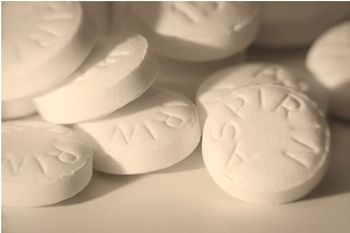
Reduced risk of mortality as well as of ICU admission and mechanical ventilation were observed in patients with COVID-19 taking daily aspirin for CV prevention.

Cardiovascular medications are widely-prescribed in the US. Alex Evans, PharmD, MBA, drafted questions on the top 5 dangerous interactions he sees regularly in practice.

Elevated lipoprotein A is a genetically determined independent risk factor for CVD, affecting up to 30% of the population. Phase 3 trials for the first treatment are underway.

Most HF patients were aking more than 5 medications on admission. The majority left taking more than 10, most not indicated for cardiovascular-related conditions.

Cardiovascular health should be routinely assessed and addressed in LGBTQ adults, according to a new scientific statement from the American Heart Association.
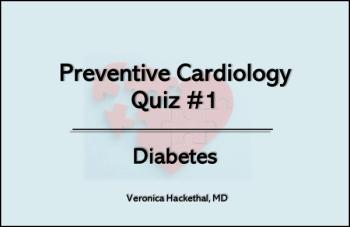
Diabetes is a primary risk factor for atherosclerotic cardiovascular disease. Find out how well you know the guideline recommendations for reducing that risk with the first of 4 quizzes.

A key opinion leader discusses the most significant unmet needs in the evolving spectrum of cardiovascular risk management.

In episode 3 of Primary Viewpoints, Brigham and Women's hypertension expert Naomi Deirdre Fisher, MD, discusses the challenges of hypertension management in primary care.
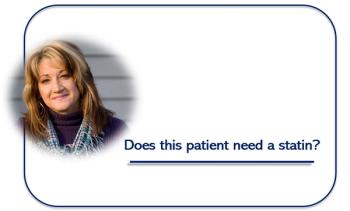
The decision to prescribe a statin to prevent ASCVD may require considering factors in addition to global CVD risk. A short case illustrates use of the CAC score.
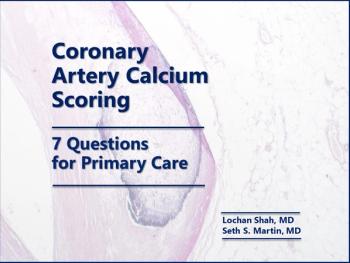
How current are you on CAC and its place in CVD risk assessment? This short quiz will reveal your score.
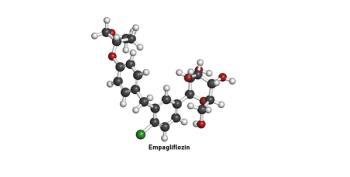
Empagliflozin is now in FDA fast-track development for prevention of hospitalization for HF and reduced all-cause mortality in patients, with/without diabetes, post-AMI.
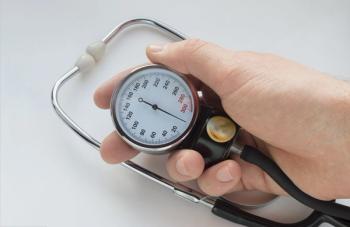
Office blood pressure measurement technique is relatively simple yet widely prone to error. Check your office procedure against guideline recommendations.

COVID-19 has been a boon for 1 chronic disease: hypertension. Brigham and Women's hypertension expert Dr Naomi Fisher says home BP monitoring programs are expanding, at last.
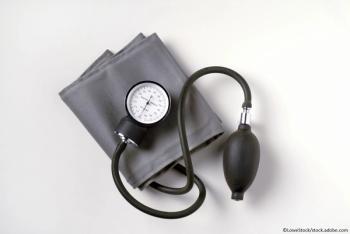
New research presented at AHA Hypertension 2020 suggest uncontrolled hypertension is becoming more common among US adults.

Patient is a 70-year-old woman who presents with biceps pain for 3 days. History includes atrial fibrillation. What's your diagnosis?
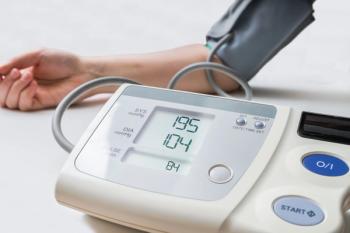
AHA Hypertension 2020: New research suggests using automated office blood pressure monitoring is not the ideal way to determine a hypertension diagnosis.
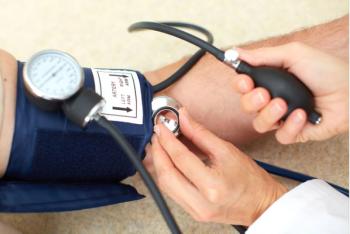
AHA Hypertension 2020: Primary care practitioners rely on officed-based BP measures and outdated cut points to diagnose new hypertension.